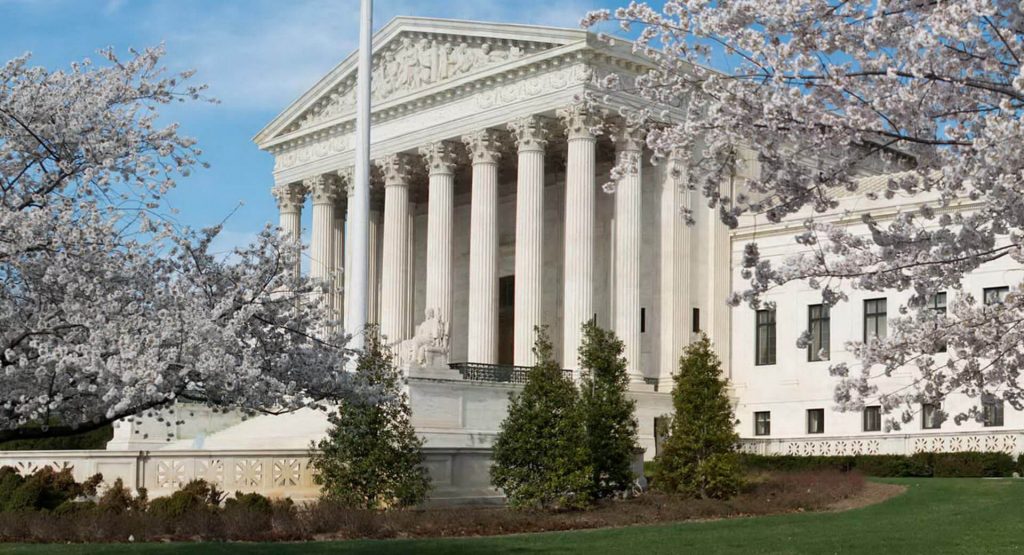The U.S. Supreme Court recently ruled in favor of Tyson Timbs, an Indiana man whose car was taken away after he plead guilty to selling heroin to undercover police officers.
During his arrest, authorities seized his Land Rover SUV, which was purchased for $42,000, money he had received from an insurance policy when his father passed away. The state of Indiana argued that the vehicle was taken because it had been used to transport drugs.
However, since Timbs purchased the vehicle for more than four times the maximum $10,000 fine one can receive for this type of drug conviction, the trail court ruled against the State as the SUV’s forfeiture “would be grossly disproportionate to the gravity of Timbs’ offense, and therefore unconstitutional under the Eighth Amendment’s Excessive Fines Clause.”
While the state of Indiana argued that even if the ban on excessive fines applies to the states, the restriction should apply only to fines that a person has to pay and not to the seizure of property used to commit a crime, reports NBC News. Fortunately for Timbs, the Supreme Court disagreed.
The decision was announced and written by Justice Ruth Bader Ginsburg, who went on to say that “the protection against excessive fines guards against abuses of government’s punitive or criminal law enforcement authority,” while adding that the safeguard “is fundamental to our scheme of ordered liberty.”
In fact, Ginsburg’s opinion on the matter has a precedent that dates back to as early as the year 1215, when England’s Magna Carta required that financial penalties “be proportioned to the wrong.”
Fellow Justice Clarence Thomas concurred with Ginsburg, saying that the right to be free of excessive fines is “a privilege of American citizenship.”
According to Timbs, his troubles started when he became addicted to an opioid prescription for persistent foot pain. When his supply ran out, he reached out to drug dealers and began using heroin. In order to pay for his addiction, he then began selling the drug himself, prior to his arrest.
You can read more about the Supreme Court’s ruling in the case of Timbs vs. Indiana here.




